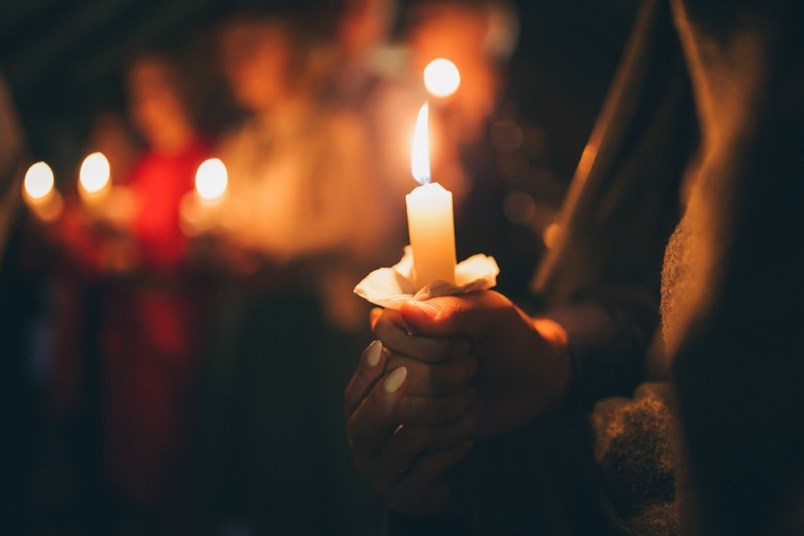I hesitate to write this story, as I haven’t even told it to my mother. But it brings a reality more poignantly closer to home so it is worth sharing.
Shortly after I was elected mayor in 2014, I received an email targetting me and other prominent female leaders in the community. It read like a manifesto that declared hatred for women leaders, blamed women for his and the world’s woes, and outlined how he would violently rectify the situation.
I naively read it as the ramblings of a lunatic and didn’t pay it much heed. But a friend who was also mentioned in this declaration of violence and hate called me to say the RCMP were taking this threat seriously and asked if they could come talk to me.
Fortunately, it didn’t take long for this man to be rounded up and deported back to the U.K. on a visa violation.
I reflect on this personal story with the 30th anniversary of the Montreal Massacre still fresh in our minds.
For those still unfamiliar, on Dec. 6, 1989, 25-year-old Marc Lépine walked into the École Polytechnique (a Université de Montreal affiliated engineering school) carrying a Ruger Mini 14 semi-automatic assault rifle, separated the men from the women, shouted “You’re all feminists and I hate feminists,” and started shooting.
Not 20 minutes later, 14 aspiring young talented women were dead.
Today it is hard to believe there was resistance following the massacre to call it what it really was: a patent anti-women, anti-feminist misogyny-inspired assault. At the time, the societal implications of the motives were dismissed as those of a deranged lone wolf. Today, even though these hateful sentiments still fester and inspire brutality,
we at least call it what it is: violence against women.
Some gun laws were tightened in the wake of the massacre but today the semiautomatic Ruger Mini 14 and many other assault rifles are still legal in Canada despite powerful popular movements and political promises. Australia, the U.K. and New Zealand all responded to similar mass-killings with the ban of semi-automatic and assault-type rifles, and in the case of Australia, the bans could be directly correlated to the reduction of shooting deaths.
The Montreal Massacre lead to the refinement of police tactical responses to shootings, which are credited with minimizing casualties at the 2006 Dawson College shooting, for example.
But 30 years later have we really done enough to minimize the victimization of women and misogyny, in general, in society?
On Dec. 6, I attended the vigil at the Howe Sound Women’s Centre in remembrance of the 14 women who were brutally killed 30 years ago. In the wake of the anniversary, I hope we can all take the time to think deeply and act purposefully on what we can collectively do to make future generations safer and more just for us all.




